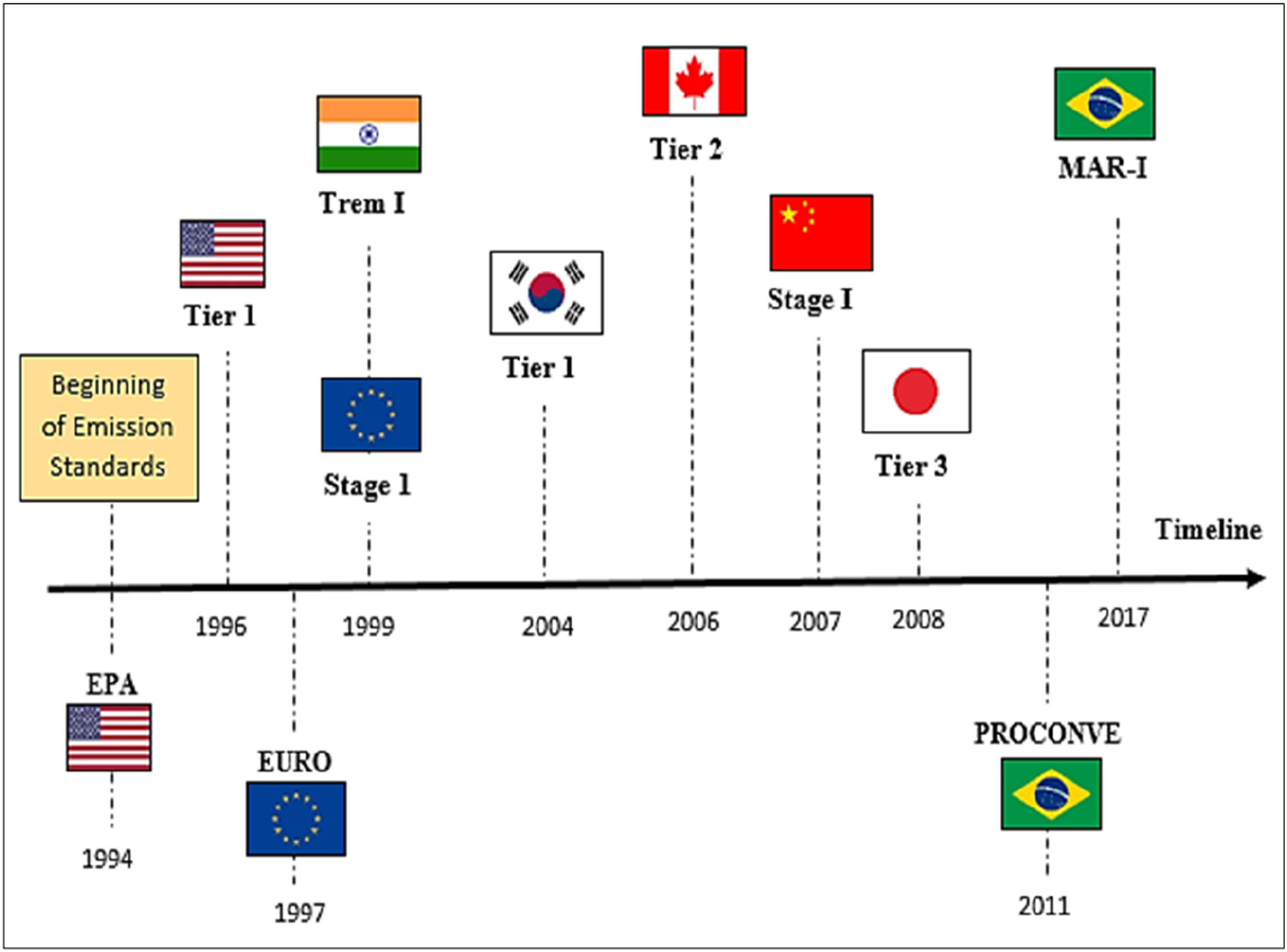This review article assesses evidences published in the past two years on the links among slow-onset events, food security and poverty as well as the strategies focused on reducing specific problems, those implemented in the countries of the Latin America and the Caribbean (LAC) region. It is here, where slow-onset events related to Climate Change pose significant challenges intricately linked to poverty and food security; mainly as a result of a great economic and social dependence, strongly conditioned by environmental factors.
This paper advances the literature on multiple knowledge systems, showing how Traditional and Local Knowledge (TLK) systems can collaborate with scientific knowledge to advance understanding of the slow-onset effects of climate change adaptation in Latin America and the Caribbean. Such an approach implies acknowledging the cultural heterogeneity of traditional (e.g. indigenous) knowledge and local knowledge, and how this can link to practical actions to adapt to climate and global change.
The Amazon is the most concentrated expression of life on Earth and it is clearly threatened.
This book chapter advances SDG 3 and 10 by discussing the importance of social support and psychological flexibility to act as a buffer between the effects of COVID-19 on psychological distress and mental health.
This book chapter advances SDG 3 and 10 reviewing the extent to which coronavirus lockdown and restrictions have affected the life of the people of Ghana
This book chapter advances SDG 3 and 10 by exploring the gap within research literature in which the intersectional complexities of South Asian Muslims lie by examining the historical and geopolitical contexts of South Asian Muslim experiences in the United States. This chapter discusses the ways in which contemporary South Asian Muslim American experiences are further complicated when navigating additional marginalized identities such as gender and sexual orientation, age and generational influences, disability status, class, and national origin.
Elsevier,
Community Mental Health Engagement with Racially Diverse Populations, May 2020, Pages 15-48
This book chapter advances SDG 3 and 10 by discussing the issues currently driving mental healthcare disparities in the Latinx population and how these approaches can provide a viable way to reduce them.
Diseases of the Nervous System (Second Edition), 2021, Pages 81-107
This book chapter advances SDG #3 and #10 by introducing the basic foundation of aging, dementia and Alzheimer Disease, including clinical presentation, diagnosis and epidemiology.
Samuel Lunardi, William Fernando de Borba, Jean Favaretto, Marcelle Martins, Henrique Baldi Faccenda
This paper discusses the groundwater contamination and its susceptibility in Serra Geral Aquifer, in Brazil.
Greenhouse gas emissions are directly associated with climate change issues. Part of the emissions originates from the burning of fossil fuels such as coal, natural gas, and oil used as an energy source for the performance of agricultural machinery's internal combustion engines. However, discussions relevant to the topic are under development in Brazil, and there is a lack of research in the academic field on the intellectual property of agricultural technologies.

